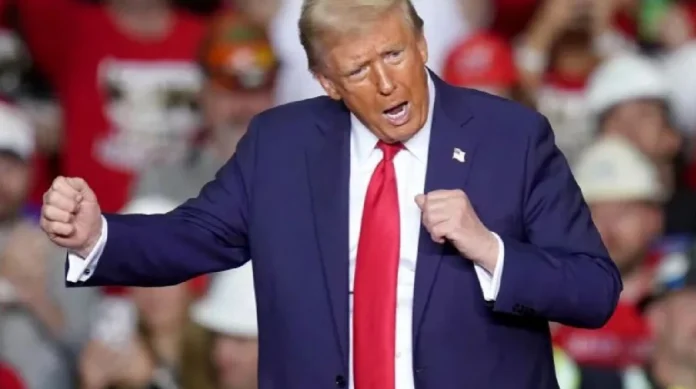In order to enhance business competitiveness and national security in the United States, President Donald J Trump has suspended the enforcement of the Foreign Corrupt Practices Act (FCPA) of 1977.
The decision came as a breather for Adani Group Chairperson Gautam Adani, who was charged under the American law last year.
The US Department of Justice (DoJ) had indicted Adani, his nephew Sagar Adani and other senior executives in November 2024 for allegedly orchestrating a bribery scheme involving over USD 250 million in payments to Indian government officials to secure favourable solar energy contracts. The indictment included charges of securities fraud, wire fraud and violations of the FCPA.
The executive order released by the US White House on Monday directed the Attorney General to pause all FCPA-related actions until revised enforcement guidelines were issued. Future investigations and enforcement actions would require approval from the Attorney General.
As per the White House, the new framework aimed at reducing regulatory burdens on the US companies operating abroad.
Aggressive enforcement of the FCPA had put American businesses at a disadvantage by prohibiting them from engaging in practices common among international competitors, it said.
It added that the law, initially designed to curb corporate bribery, had been overextended by regulators, hindering US firms in securing strategic assets such as deep-water ports and critical minerals.
The executive order further mandated a review of past and ongoing FCPA cases to determine whether they aligned with the new enforcement priorities.
The Act prohibited bribery of foreign officials to obtain or retain business. Its anti-bribery provisions made such bribes illegal for the US entities, even if conducted abroad, while its accounting provisions mandated accurate record-keeping and internal controls for publicly traded companies to prevent bribery. The FCPA’s core purpose was to foster ethical international business practices and combat corruption.


